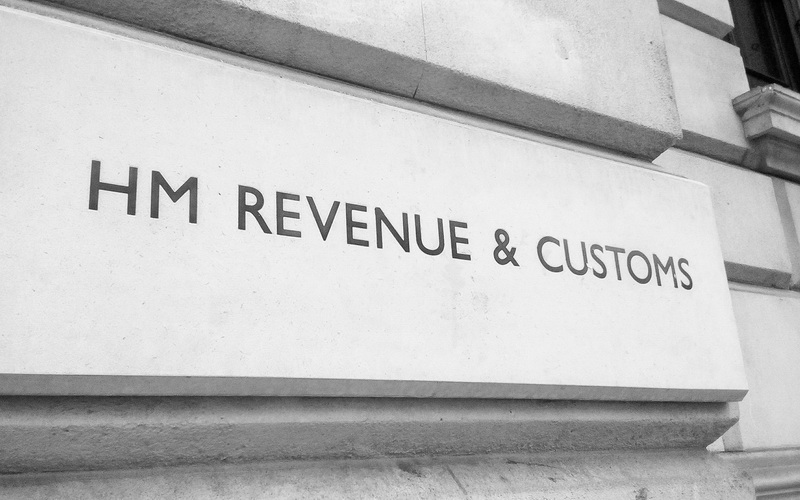
A taxpayer realised her previous tax returns were incorrect due to wrongly reporting certain income received abroad
The taxpayer wanted help in correcting her tax affairs.
The challenge
The taxpayer was a UK resident, non-domiciled individual who had chosen to be taxed on the arising basis rather than on the remittance basis. She had informed her adviser that she had rental income abroad, and he had advised her that because she was declaring the rental and paying tax in Germany there was no need to include it in her UK tax returns. When her adviser retired, she sought help from an alternative source to complete her UK tax returns who pointed out that her previous UK tax returns were incorrect. The fact that she was resident in the UK meant that rental profits should have been declared here, and the relevant tax paid with a claim for a deduction in respect of the tax paid in Germany. He pointed out that the rules used in the UK for determining rental profit are different from those in Germany. Since there were expenses claimed in the German computations that did not qualify as allowable under UK rules, the profits returned in the UK would be higher than those returned in Germany and there would more than likely be UK tax to pay.
How did we help?
We registered the taxpayer for the Worldwide Disclosure Facility (WDF) and obtained a detailed breakdown of the rental income and expenses on the property in Germany for the years still in date for HMRC to then assess (based on the premise that the error had occurred despite the taxpayer taking reasonable care). We submitted the on-line WDF forms as well as writing to HM Revenue & Customs (HMRC) explaining the circumstances which led to the errors in reporting, proposing that no penalty should be imposed.
The outcome
Registering for the WDF gave the taxpayer a grace period to obtain the information required to make a detailed disclosure, as well as ensuring that she pre-empted an HMRC enquiry; meaning that her disclosure was ‘unprompted’. This was important because it demonstrated the taxpayer’s desire to be UK tax compliant. It also helped in obtaining HMRC’s agreement that, based on the information which she had given her former tax adviser and his advice as to what should be disclosed on her tax returns, she was neither careless nor could she have corrected the position any earlier.
This enabled us to conclude matters with HMRC on the basis of the taxpayer settling the tax (together with interest for late payment) but without incurring any penalties. The penalty position could have been complicated by the Requirement to Correct (RTC) regime which HMRC introduced in 2017, and which obliged taxpayers with offshore income or gains to check that they had been returned correctly and disclose any errors prior to 30 September 2018 – or risk a penalty of at least 100% of the tax later found to be due. The only way of avoiding such a penalty is to demonstrate that the taxpayer had a reasonable excuse for failing to correct the errors prior to 30 September 2018. In this case HMRC accepted that since the taxpayer’s former adviser had not told her about the RTC regime, and she had advised him of the existence of the foreign rental income, she had a reasonable excuse for her failure to correct and therefore no penalty was due.
Would you like to know more?
If you would like to learn more about Domicile Enquiry, please get in touch with your usual Blick Rothenberg contact or a member of our Tax Risk & Dispute Resolution team listed on this page.
You can also visit our Tax Risk & Dispute Resolution page for more information.
Related services
Contact Fiona

Related client stories

HMRC opened an enquiry into an existing client’s domicile despite the fact that her tax returns had been completed fully
Read client story
HMRC enquired about the management and control of an offshore company for this taxpayer
Read client story












